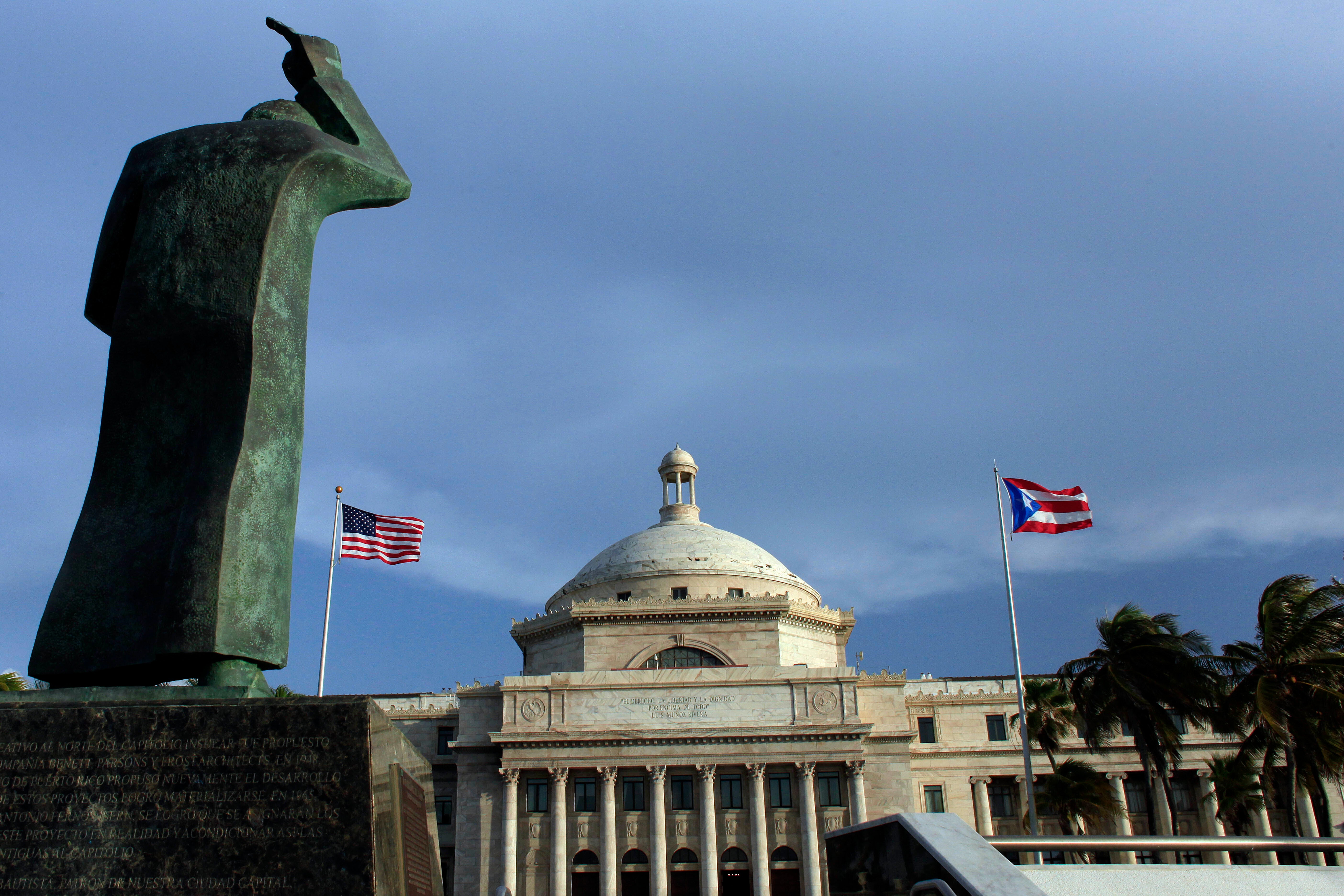Puerto Rico bans discrimination against those who wear Afros and other hairstyles on diverse island
Puerto Rico’s governor has signed a law that prohibits discrimination against people wearing Afros, twists, braids and other hairstyles in the racially diverse U.S. territory

Puerto Rico’s governor on Wednesday signed a law that prohibits discrimination against people wearing Afros, curls, locs, twists, braids and other hairstyles in the racially diverse U.S. territory.
The move was celebrated by those who had long demanded explicit protection related to work, housing, education and public services.
“It’s a victory for generations to come,” Welmo Romero Joseph, a community facilitator with the nonprofit Taller Salud, said in an interview.
The organization is one of several that had been pushing for the law, with Romero noting it sends a strong message that “you can reach positions of power without having to change your identity.”
While Puerto Rico’s laws and constitution protect against discrimination, along with Title VII of the Civil Rights Act, a precedent was set in 2016 when a U.S. Court of Appeals dismissed a discrimination lawsuit and ruled that an employer’s no-dreadlock policy in Alabama did not violate Title VII.
Earlier this year, legislators in the U.S. territory held a public hearing on the issue, with several Puerto Ricans sharing examples of how they were discriminated against, including job offers conditional on haircuts.
It’s a familiar story to Romero, who recalled how a high school principal ordered him to cut his flat top.
“It was a source of pride,” he said of that hairstyle. “I was a 4.0 student. What did that have to do with my hair?”
With a population of 3.2 million, Puerto Rico has more than 1.6 million people who identify as being of two or more races, with nearly 230,000 identifying solely as Black, according to the U.S. Census.
“Unfortunately, people identified as black or Afro descendant in Puerto Rico still face derogatory treatment, deprivation of opportunities, marginalization, exclusion and all kinds of discrimination,” the law signed Wednesday states.
While Romero praised the law, he warned that measures are needed to ensure it’s followed.
On the U.S. mainland, at least two dozen states have approved versions of the CROWN Act, which aims to ban race-based hair discrimination and stands for “Creating a Respectful and Open World for Natural Hair.”
Among those states is Texas, where a Black high school student was suspended after school officials said his dreadlocks fell below his eyebrows and ear lobes, violating the dress code.
A March report from the Economic Policy Institute found that not all states have amended their education codes to protect public and private high school students, and that some states have allowed certain exceptions to the CROWN Act.
A federal version was passed by the U.S. House of Representatives in 2022, but it failed in the Senate. In May, Democratic lawmakers reintroduced the legislation.
Bookmark popover
Removed from bookmarks